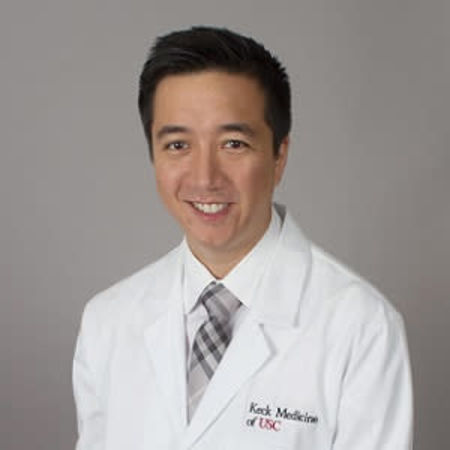A number of studies have looked at physician burnout, but little is known on how prevalent this problem is amongst neurosurgeons in particular. New research from the Keck School of Medicine of USC shows that two-thirds of neurosurgeons experience burnout during training, and stressors at work are partly to blame.
For this study, researchers surveyed 346 neurosurgery residents across the United States. Using an 86-item questionnaire, the team explored everything from whether residents felt satisfied with different aspects of their training to whether they were considering quitting training or leaving medicine entirely. Burnout was assessed using the Maslach Burnout Inventory, a validated tool that has been used to measure burnout both in health care and other professions.
The survey revealed this interesting finding: overall burnout rate of 67 percent, which is more than double the estimated rate of burnout amongst American workers overall.
In addition, while the majority of residents (81 percent) indicated that were satisfied with their career, 41 percent had given serious thought to quitting neurosurgery at some point.
Residents have to complete a highly demanding, seven-year training programme to build the skills needed to treat complex neurological conditions like stroke, brain tumours or spinal cord injuries. The pressure of that training can sometimes lead to emotional exhaustion, an inability to connect with others or feeling unaccomplished, which are components of burnout.
Understanding what factors influence burnout can be a powerful catalyst for change, according to the researchers led by Frank Attenello, MD, MS, assistant professor of clinical neurological surgery at the Keck School. Based on their study, work stressors that led to burnout included inadequate exposure to the operating room, difficult coworkers, and unsatisfactory relationships with mentors. Social stressors outside of work also contributed to residents' burnout, the study found.
"Some of the most impressive and energetic medical students enter neurosurgery," Dr. Attenello says. "When they encounter burnout, it limits their considerable potential, both with their patient care and possibly in their academic and research achievements for the field as a whole."
To help reduce the risk of burnout, Dr. Attenello and others at the Keck School have already implemented a new model for mentorship. This year, new residents in the Department of Neurological Surgery will choose their mentors, and the school will assign a backup mentor for additional support.
"Our study provided some valuable insights to the prevalence of burnout and some of the pain points in training neurosurgeons," says study co-author Steven L. Giannotta, MD, chair and professor of neurological surgery at the Keck School. "Recognising that burnout exists and finding ways to address it are important steps educational institutions can take to mitigate it."
Source: Journal of Neurosurgery
Image Credit: Ricardo Carrasco III/Keck Medicine of USC
Latest Articles
neurosurgeons, physician burnout, stressors
A number of studies have looked at physician burnout, but little is known on how prevalent this problem is amongst neurosurgeons in particular. New research from the Keck School of Medicine of USC shows that two-thirds of neurosurgeons experience burnout
























